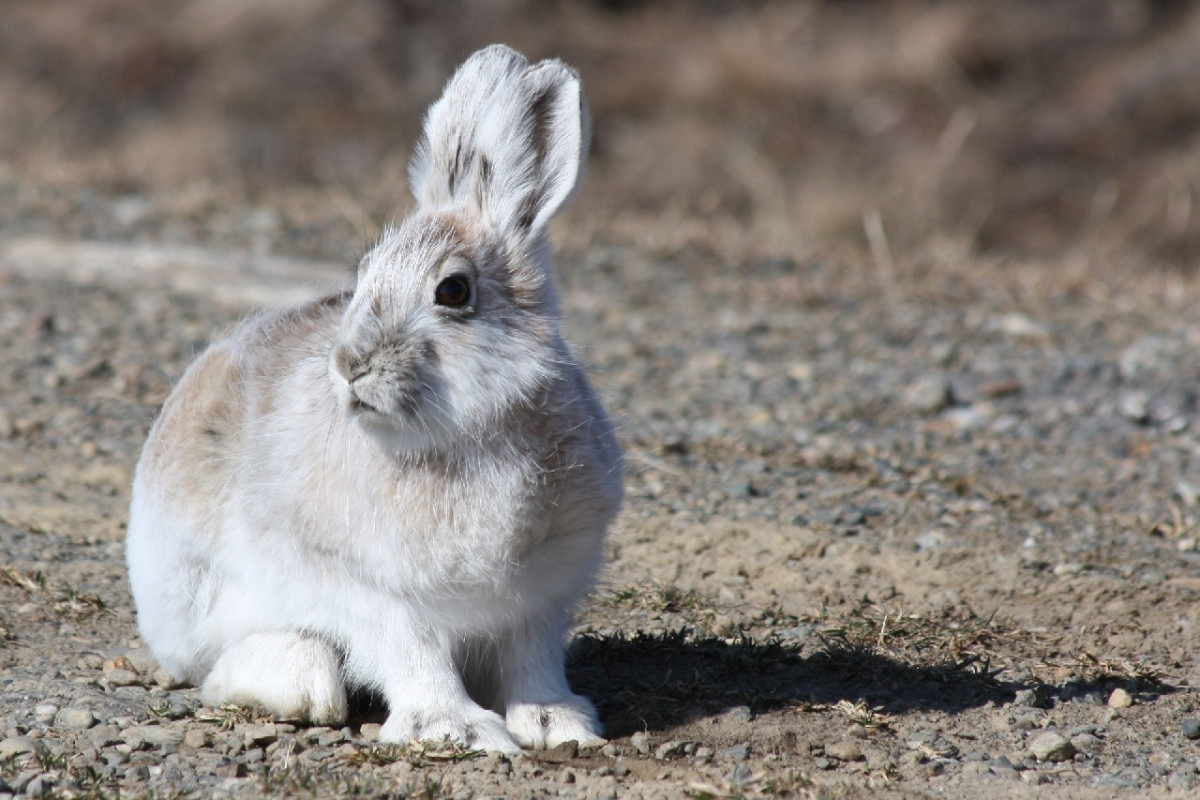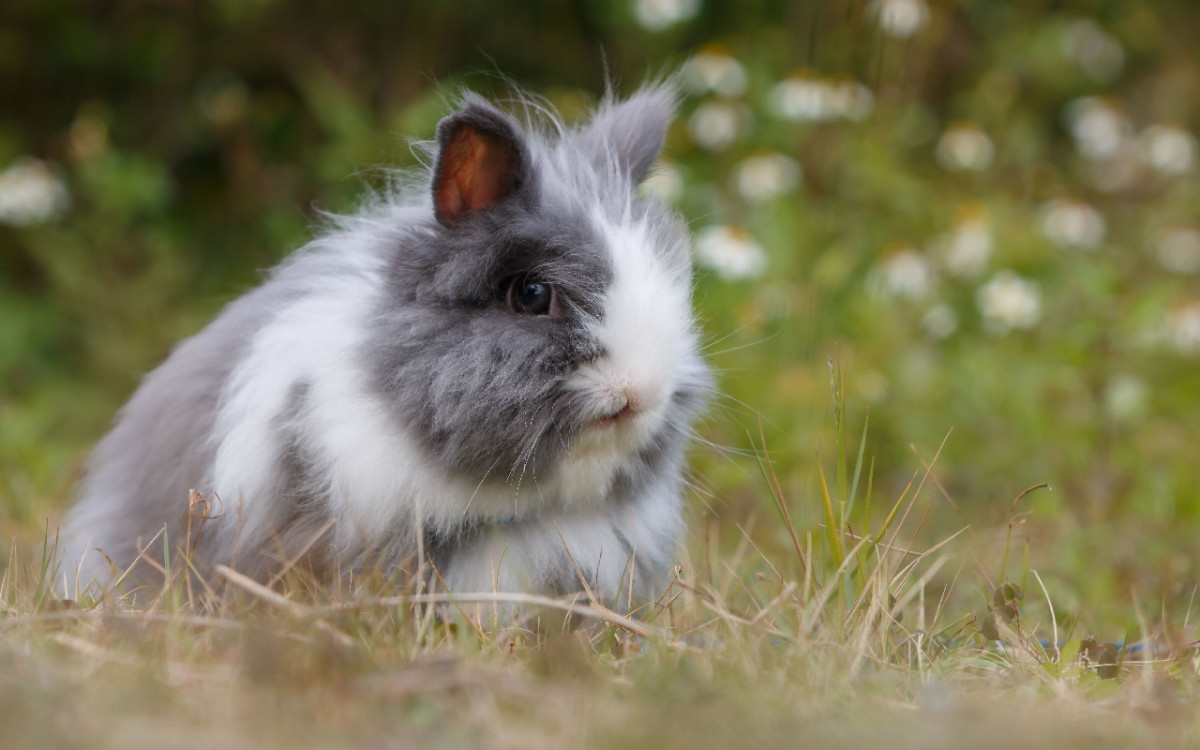While most rabbits are not averse to nuts, they can have some severe health problems from them. Because nuts contain so much vitamin A and folic acid, they can cause major health problems for rabbits. Calcium can damage their internal organs and lead to urinary tract infections. And if you think that almonds are good for rabbits, think again. This article will explain why you shouldn’t feed your rabbit nuts.

Almonds
Although many people think that rabbits shouldn’t have almonds, this isn’t the case. Rabbits can easily eat almonds, and some experts even recommend that rabbits have them as a snack. These nuts are not dangerous, but they can still cause serious food poisoning if eaten by rabbits. Although domestic rabbits are unlikely to accidentally stumble upon almonds, it’s still important to be cautious and prevent them from consuming them.
Almonds are rich in protein and fat, but they are not toxic for rabbits. Their high fat content can cause indigestion in them, so only give them small amounts at a time. As with any new food, it’s best to consult a veterinarian before feeding almonds to your rabbit. If you notice that your rabbit has an unusually low appetite, you should stop giving it almonds immediately and consult a veterinarian.
Although walnuts are rich in protein and fiber, they are also high in calories. Rabbits should avoid eating walnuts or almonds. Both nuts are loaded with fat and sugar. Rabbits aren’t meant to consume these high-calorie foods. Additionally, almonds contain cyanide, which can cause serious health problems. Despite the health benefits, it’s best not to overdo it with almonds.
Cashews
Although cashews are popular among people, they are actually harmful for your rabbit. Cashews contain a lot of fat that is too large for rabbits to eat. They also cause digestive problems. To avoid this problem, try offering apple slices or strawberries instead. Luckily, many pet rabbits do just fine without cashews. However, if you want to avoid giving your rabbit a digestive upset, try offering other treats instead.
The best way to tell if your rabbit has an allergic reaction to cashews is to watch their behavior. If your rabbit loses appetite suddenly or gradually, it might be due to a bad reaction to cashews. You can also observe their feces and behavior to see if they have any other side effects. If they suddenly lose their appetite, or have diarrhea, it could mean an allergic reaction.
In addition to the allergy potential, cashews contain polyphenols and carotenoids. These compounds help reduce the effects of oxidative stress on the immune system. In addition, cashews contain high amounts of fiber and protein, making them a great choice for rabbits. However, it’s important to note that cashews are very high in fat, and rabbits can’t digest them as easily as a human.
Pistachios
Pistachios are part of the cashew family and are a popular nut used in many dishes. They have a high nutritional value, and can be enjoyed by both people and animals. Pistachios are rich in calcium, sodium, fibre, fat, phosphorus, and acid. They are not suitable for rabbits, however. Rabbits should not be fed peanuts.
Although a squirrel’s diet is highly nutritious, pistachios are not healthy for rabbits. They contain high levels of fat and starch. In addition, rabbits can’t digest pistachios, which can cause digestive problems, including fatty liver disease and GI stasis. Pistachios are high in shell pieces, so they are not a good treat for rabbits.
Although a good source of fiber and protein, pistachios are a bit hard on a rabbit’s digestive system. While they are not ideal for rabbits, they are considered a safe snack for humans. Pistachios are rich in antioxidants, phosphorus, and potassium. Although they are not suitable for rabbits, they are safe for dogs. They should not be fed raw chestnuts as they could lead to choking.

Walnuts
Although rabbits can have walnuts, they should only have a small amount, because the nuts are high in fat and carbohydrates and can cause indigestion. This fat is difficult for rabbits to process and can lead to internal organs like the liver becoming fatty.
If a rabbit is overfed walnuts, they can develop fatty liver and other serious gastrointestinal problems. Walnuts are not the best choice for rabbits because they can cause blockages.
The best way to ensure your rabbit is eating healthy food is to avoid giving them food high in fat, sugar, or salt. However, there are healthy alternatives to walnuts that rabbits can eat. Walnuts have a high level of cellulose and can be a great source of fiber. Rabbits should not be fed walnuts that are higher in fat, because these nuts can lead to a condition called hepatic lipidosis, which can cause a host of health problems.
While walnuts are a healthy snack for humans, they can be harmful for rabbits. Besides being toxic to rabbits, walnuts contain high levels of phosphorus, calcium, fat, and acid.
Despite these benefits, walnuts are still not recommended for rabbits. However, you shouldn’t stop feeding them walnuts. However, you should never allow them to eat the leaves and branches of walnut trees. The leaves and branches are poisonous to rabbits.
Monkey nuts
If you’re looking for a nutritious reward for your rabbit, you can offer your lovable pet some monkey nuts. But, be aware that peanuts can cause digestive problems for rabbits. They can cause an upset stomach or even diarrhea. You need to limit your rabbit’s monkey nut consumption, as it can cause gastrointestinal upset and even diarrhea. Moreover, peanuts are high in fat and contain a lot of cholesterol for a small animal.
Although most rabbits can safely eat acorns, peanuts, hazelnuts, and Brazilian nuts, they are not recommended for daily consumption. Peanuts and oilseeds are particularly toxic for rabbits, so it’s best to feed them sparingly. You can also feed them fresh nuts, though you’ll want to watch their intake of these products. Besides peanuts and monkey nuts, rabbits can eat other kinds of nuts.
Although peanuts and hazelnuts are known to be highly nutritious, you should be wary of providing them to your rabbit. While they may seem like a tempting snack, they contain a high amount of fat, protein, and carbohydrates. However, the amount of fiber in nuts isn’t enough for your rabbit’s digestive system. The high amount of fat in walnuts is harmful for rabbits, and the amount of fiber is too low for rabbits.

Cashews are high in fat
The high amount of fat and calories in cashews can be detrimental for your rabbit’s health. You should only serve cashews to your rabbit once or twice a week. If your rabbit eats more than that, you must monitor their diet to prevent weight loss. If they develop bad breath, it means they’re not getting the nutrition they need. Avoid giving them nuts and seeds to avoid this problem.
If you’re concerned that cashews are high in fat for rabbit’s health, consider introducing them to your rabbit’s diet in moderation. Cashews contain high levels of fat and calories, and your rabbit should only eat a small amount each day. Otherwise, your rabbit may develop cardiovascular disease, obesity, and liver disease. Moreover, they may have a difficult time chewing cashews, which are also hard to digest.
In addition to their high-fat content, cashews also contain a lot of iron. Iron is necessary for many bodily functions, including the production of red blood cells. But, too much iron may be toxic to your rabbit. For best results, feed cashews to your rabbit in small portions. Moreover, cashews are rich in magnesium, which may cause diarrhea. If you feed cashews to your rabbit, be sure to supervise it thoroughly.

Hi! I’m Lala, and I’m the owner of RabbitLala.com. When I’m not writing about rabbits, I enjoy traveling, trying out new recipes and enjoying my hobbies.
I’ve always loved animals, so it was no surprise when I started a website devoted to one specific animal: rabbits! Rabbits are amazing creatures, and there’s so much to learn about them.
I love traveling and trying out new recipes, and my hobbies include crocheting and painting.
